![]()
Hedda is based on Hedda Gabler, which may be the great Henrik Ibsen’s most supreme work. This take on the story, directed by Nia DaCosta, is a sumptuous feast for the eyes with a superb lead cast. Yet, something is missing. Over the last two decades or so, many films have used anachronisms to make points or be stylish, when it comes to period works. Yet, here, those anachronisms seem to follow little rhyme or reason.
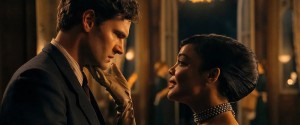
Courtesy Amazon MGM
It is a shame this is such a jumbled mess, given the source material’s expert structure and the genuine fun and tightness of DaCosta’s Candyman reboot. Here, we are introduced to Hedda, who is now English, black and so posh it hurts. She is also compromising herself, in a bid by the film to apparently show how unusual and independent this character is. Yet, by doing so, the dramatic tension is lost. If she simply does not care, why should we?
If she is such a free spirit, how is it that society in that period has accepted her, particularly as what appears to be a quasi-open lesbian in Upper crust British society during the early part of the 20th century? Take, for instance, her teasing of Judge Brack, who in the play is the final lever that triggers the unforgettable climax. Her disdain of him and fear over what his coming actions imply, are lost here, because they are shown from the start to have an extramarital arrangement.
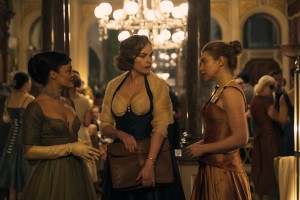
Courtesy Amazon MGM
Tessa Thompson is a fine actress, as her work in the Creed trilogy ably demonstrates, and she is joined by Nina Hoss as Eileen, who is the secret lover from her past. In gender switching and color switching, there was an opportunity to explore different dimensions. Yet, these actors get to play scenes where they come off as high school mean-girl students from a California set 80s or 90s teen flick. They run around and titter away. This is a film that takes a serious work and drains all the soul out of it, playing it so cheaply and large that this reviewer felt as though they were watching a prank. It would not have surprised this reviewer had Seth MacFarlane appeared at some point and said “Thank you for watching this special episode of Family Guy.”. Yet, it is not all terrible.
The casting is absolutely terrific, and had the script and direction matched, taking advantage of this film’s unique qualities, we could have had something special. Instead, we have a muddled mess. When Hedda begins dancing like Wednesday Addams, and nobody notices, fine, that is a moment, but it pulls you from the setting. The director, who has shown talent, does not take full advantage.
For all the finery of the production and artistic staging and lighting of actors and sequences, there is something missing here. DaCosta, who also wrote the script, seems to want to say something about choice, which was present in the original, but where that was about the cruelty of reality and the chains that society places on us, this film tries to be transgressive, subversive and aspirational.
Hedda Gabler is not an aspirational tale, though with a more delicate touch, it might have been.

Courtesy Amazon MGM
DaCosta’s direction, on a surface level, is tolerable. The acting in this work ranges from great down to high school reject, though stays at a baseline of very good. The indelicate script is a disservice to all, including DaCosta the director. While it is not the habit of this author to suggest what might have worked best, in another’s work, it is the place of the critic to state what does and does not work and why. Here, we have a fascinating update, but one which completely ignores or botches what could have made it special. If you are an Ibsen junkie or one who loves period piece, check it out, if only to show support for Thompson and Hoss, who, despite some awkwardness, both fully commit to their roles. Otherwise, commend this one to the trash heap of disappointing adaptations.
Hedda is now streaming on Prime Video.


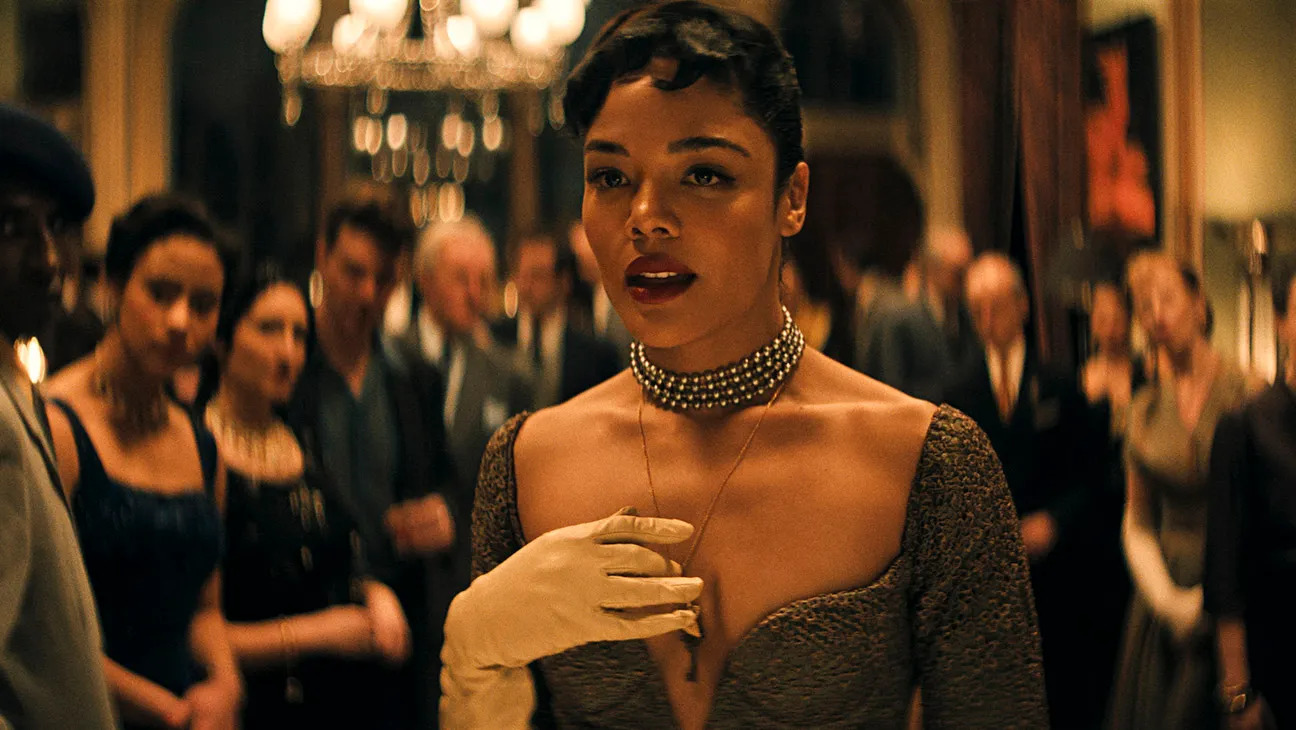
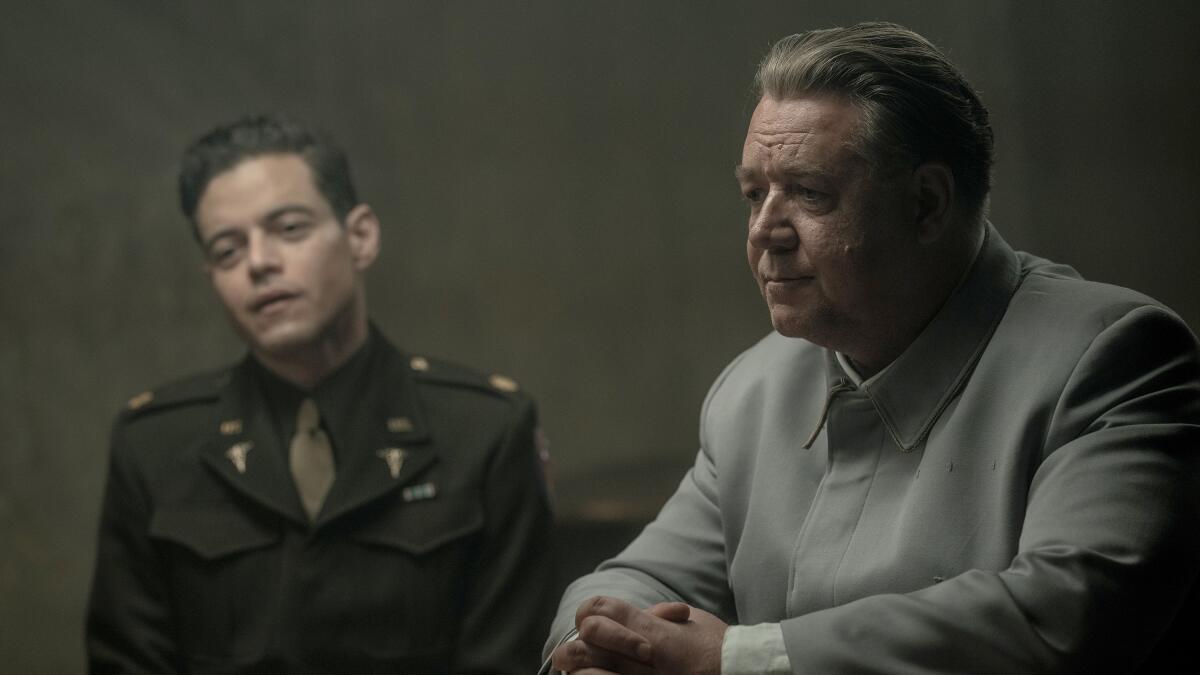


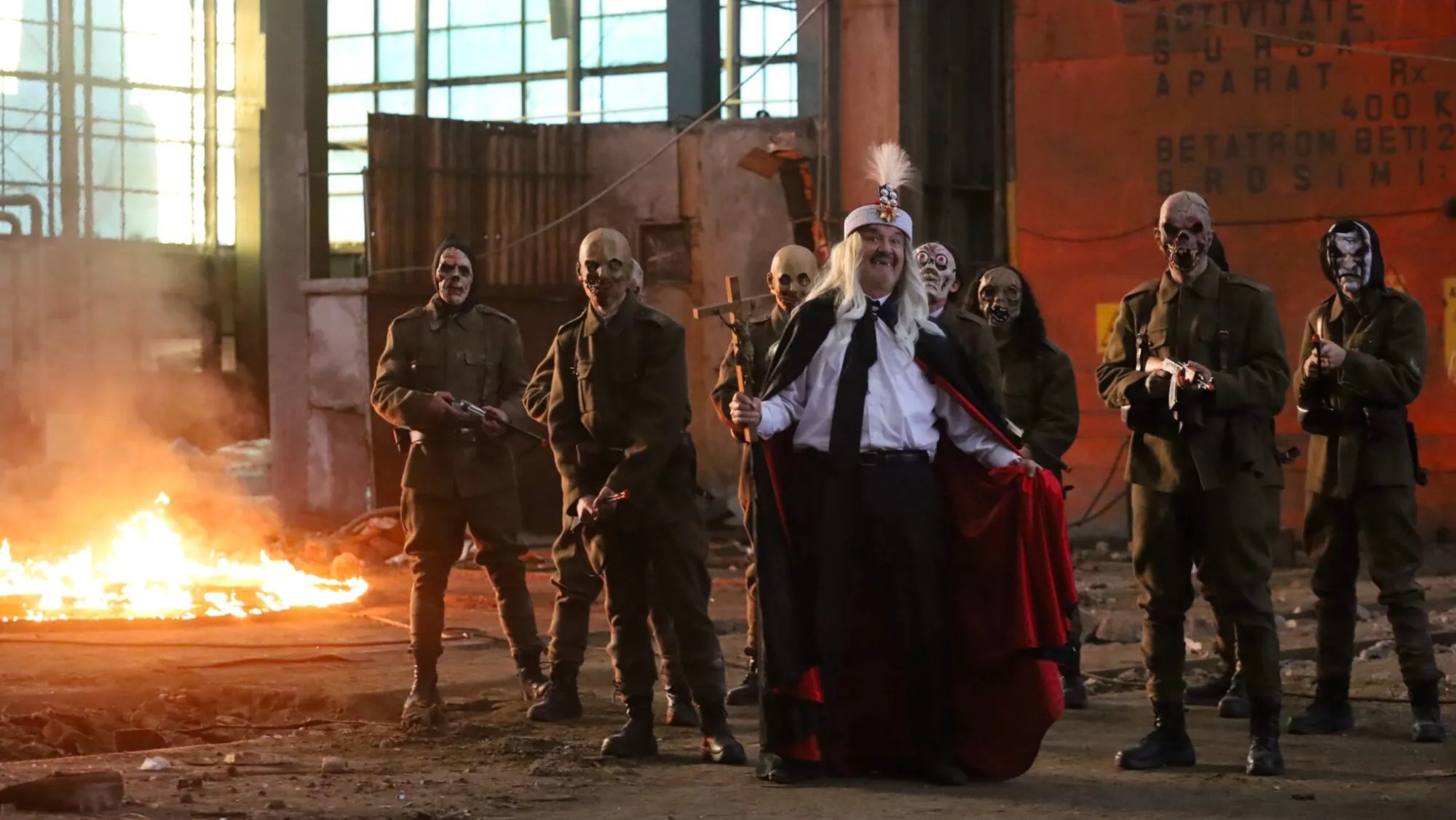

Leave A Comment